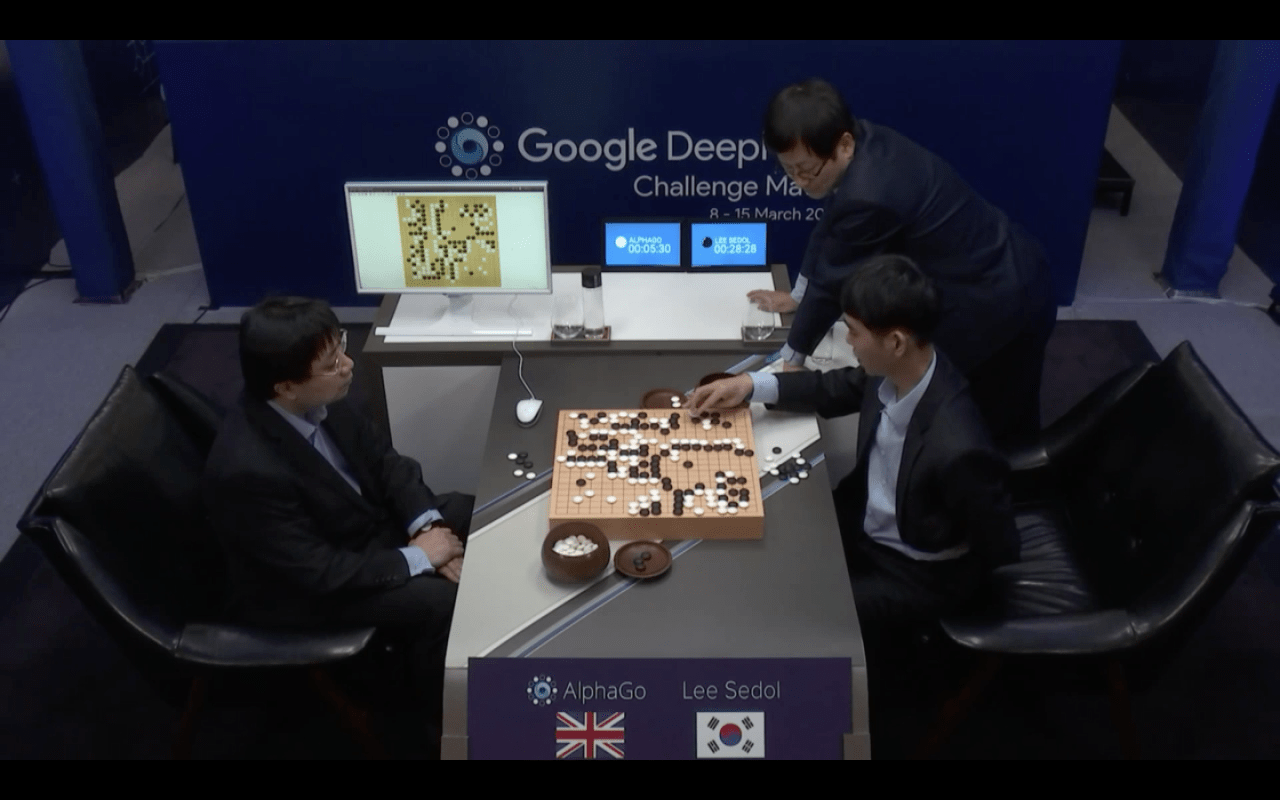In March 2016, the world witnessed a momentous event that elevated the discourse on artificial intelligence (AI) to unprecedented heights. Google’s AI, AlphaGo, achieved a groundbreaking victory against Lee Sedol, the Go champion renowned for his exceptional skills in one of the most complex strategy games known to humankind. This triumph was more than just a showcase of technical prowess; it laid the groundwork for exploring how AI can unlock solutions that human minds may overlook.
The Complexity of Go: A Test Beyond Chess
Go’s gameplay complexity is monumental, with an astonishing number of possible board configurations—far exceeding even the vast possibilities found in chess. To put this into perspective, Go has about 10^170 possible board positions. This means that the game provides AI with an extraordinary challenge, one that is akin to navigating uncharted territory.
What’s particularly intriguing about AlphaGo’s victory is not solely about winning—it’s about the methods and insights it generated along the way. The AI’s approach encapsulated an ability to analyze the game Holistically, leading to innovative strategies that many human players would never conceive. Such a capacity prompts significant questions regarding our perception of intelligence itself. Are we conditioned to overlook certain possibilities, or is our cognitive framework limiting us? AlphaGo’s successes suggest that there is an entire landscape of solutions waiting to be uncovered.
Bridging Human Creativity and AI’s Analytical Power
Demis Hassabis, the CEO and co-founder of DeepMind, articulated the broader implications of AlphaGo’s achievement. Instead of drawing a line between man and machine, he emphasized that the development of an AI like AlphaGo is instead a human achievement built on collaborative vision and effort. This partnership reflects how both human creativity and the unique cognitive abilities of AI can complement each other, pushing the boundaries of innovation.
The interplay between these elements suggests an exciting future where AI could assist in problem-solving across various domains. From healthcare to climate science, AlphaGo-like technologies could enable more effective interventions by uncovering patterns and solutions beyond our immediate reach.
Challenges on the Road to Artificial General Intelligence
Despite the monumental strides taken by DeepMind, Hassabis remained grounded regarding the journey toward creating true artificial general intelligence (AGI). He pointed out that while we have made considerable progress, we still face numerous challenges before achieving machines that can perform a full spectrum of cognitive tasks flexibly and intelligently, akin to a human’s capability. The pursuit of AGI encompasses not only technological hurdles but also ethical considerations, as the implications of highly autonomous systems extend into areas such as personal privacy, security, and societal impact.
Conclusion: The Dawn of a New Era
The saga of AlphaGo’s victory is not merely about a game. It serves as a beacon of potential for the future of AI and humanity’s collaborative journey toward innovative solutions. As we continue to witness advancements in AI, it is essential to foster a culture where human intuition and AI capabilities work hand in hand, paving the way for breakthroughs in problem-solving.
At fxis.ai, we believe that such advancements are crucial for the future of AI, as they enable more comprehensive and effective solutions. Our team is continually exploring new methodologies to push the envelope in artificial intelligence, ensuring that our clients benefit from the latest technological innovations. For more insights, updates, or to collaborate on AI development projects, stay connected with fxis.ai.

